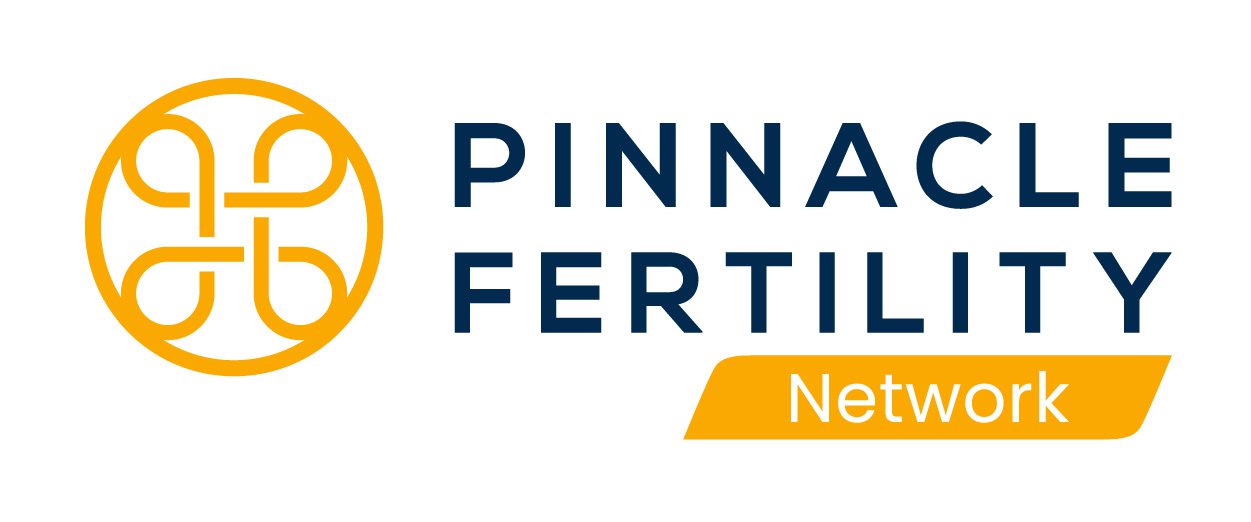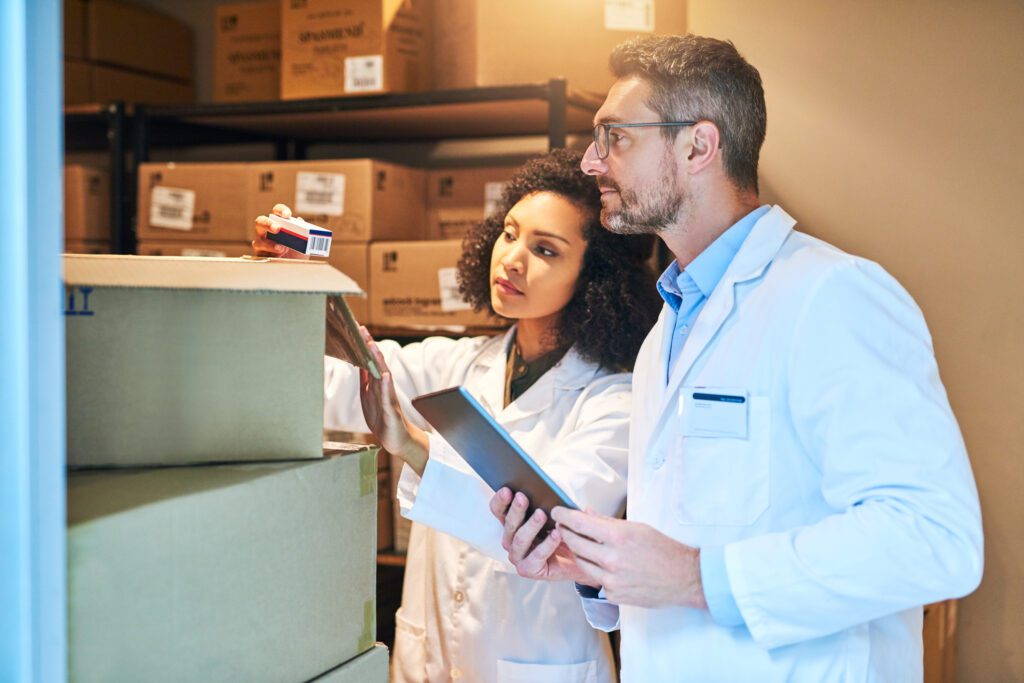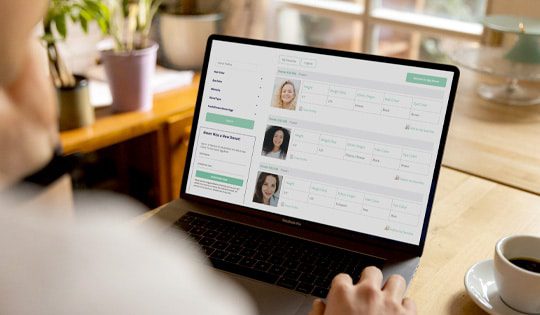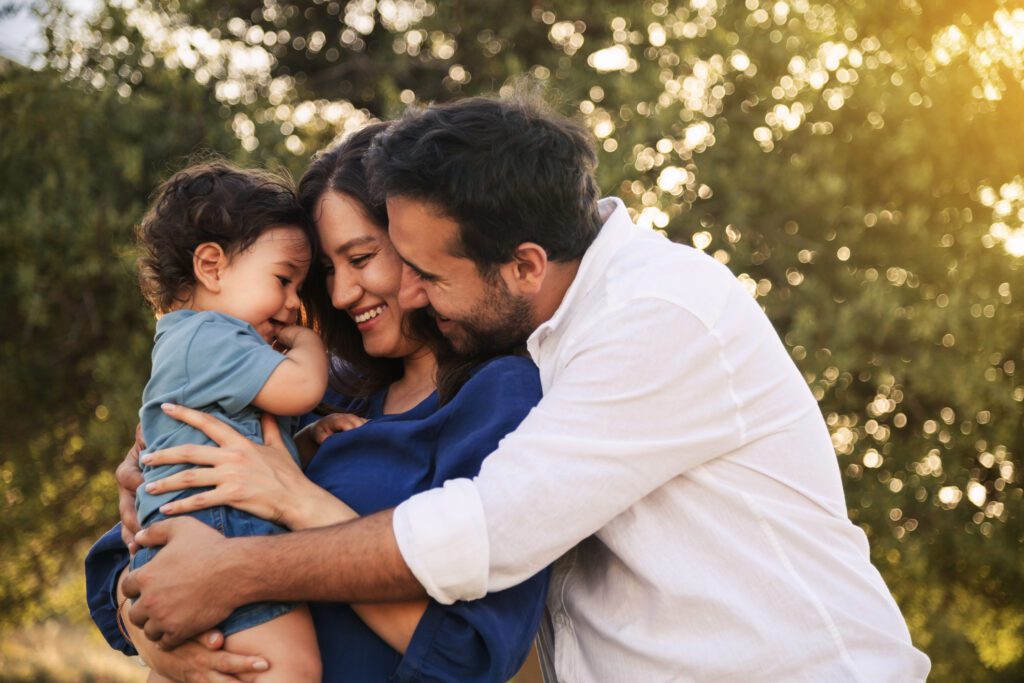Using donor eggs can be a wonderful solution for people who are otherwise unable to have children. There are various reasons people turn to donor eggs; these include having gone through an early menopause, older age, or having eggs of poor quality due to cancer treatments that may have damaged a woman’s ovaries. Many times, women who use donor eggs to become pregnant have already undergone lengthy and unsuccessful fertility treatments, including IVF with their own eggs. Donor eggs are also a great option for single fathers and male gay couples, who can have a biological child with the help of an egg donor and a surrogate.
The decision to use donor eggs is a very individual one and it’s helpful to examine all the pros and cons so you can make the choice that is right for you.
Pros of Using Donor Eggs
There are a lot of pros to using donor eggs. We understand that each of these holds more weight for some people than for others. Let’s take a look at some of the most important pros for using donor eggs.
Egg Donation Has the Highest Success Rate of All Fertility Treatments
We are extremely proud of the success rates for our patients who use donor eggs to have a child. At select Pinnacle Fertility clinics, 90 percent of patients who use donor eggs have a live born baby as a result, and we consistently rank among the highest success rates in the nation.
This is definitely good news, especially for those women who have already undergone the emotional and physical stress of fertility treatments that have not been successful. Due to our advanced egg preservation techniques, this high rate of success is true for both fresh and frozen donor eggs.
Egg Donation Allows for Sex Selection and Genetic Testing
Another advantage of using donor eggs is the ability to both select the sex of the child and to take advantage of genetic testing that can be done to screen for possible chromosomal abnormalities. While all prospective parents want their baby to be born healthy and many don’t necessarily express a preference for one sex or another, some do. These reasons can vary from wanting to enable their children to have a sibling of a certain gender to not wanting to pass on an inherited medical condition that is sex related.
Egg Donation Allows for a Larger Family
Because a batch of 8 donor eggs can result in as many as 3 embryos, it gives the intended parents a chance of having up to 3 children. With larger egg batches, there will be more embryos available for transfer, allowing for a larger family. For intended parents who want large families and who thought they may never have been able to previously achieve this, the use of donor eggs can help make that dream a reality.
Avoid the Heartbreak of Unsuccessful IVF Cycles
Many women who ultimately choose to use donor eggs to become pregnant have already gone through multiple IVF cycles that have a potentially high rate of miscarriage. For these women, the heartbreak of losing yet another chance to have a baby is heartbreaking, not to mention the physical and emotional stress of the IVF procedure itself.
Additionally, when a woman reaches the age of 40, her chances of becoming pregnant with her own eggs is extremely low. This chance becomes nearly impossible once she reaches the age of 43. Of course, there are exceptions to this, but for the majority of women over 40, pregnancy is out of reach using her own eggs. For these women, donor eggs can help to have a successful, healthy pregnancy and avoid the disappointment and emotional upheaval that comes with multiple unsuccessful IVF attempts.
Donor Egg Baby Can Be Biologically Related to One of the Parents
Some couples may be reluctant to use donor eggs, as they see a barrier in not being related genetically to the baby. But of course, it’s not just the egg that contributes to the genetic makeup of the child, but the father’s sperm as well, with each contributing 50 percent of the child’s genetic heritage.
During the egg donation cycle, the donor egg can be fertilized with the male partner’s sperm. This gives the parents a true biological link to the child, as the baby is biologically related to one of the parents. For single men, his sperm can be used for fertilization, and for male gay couples, one of the men’s sperm can be used to fertilize the donor egg.
Advantages of Using an Egg Donor
In summary, there are many advantages of using an egg donor to have a baby, including:
- Having a high chance of successful pregnancy; many women who have already undergone unsuccessful fertility treatments are attracted to using an egg donor because of its high success rate. These women are thrilled they can avoid the heartbreak of repeatedly failed IVF cycles, that bring physical and emotional strain.
- Sex selection and genetic screening; some intended parents consider using an egg donor because this option allows them to select the sex of their child and makes it possible to screen for potential chromosomal abnormalities.
- Planning for a larger family; because intended parents can secure an unlimited number of donor eggs resulting in several embryos available for transfer, they can plan for siblings for their children in the future. This is often not the case when women go through the IVF process with their own eggs, because the number of retrieved eggs and resulting embryos will be limited, especially for women in advanced maternal age (40+).
- Baby can have a genetic link to the father; with either heterosexual or same sex male couples, and single men, the baby can be biologically related to the father.
Cons of Using Donor Eggs
While the decision to use donor eggs to have a baby is the right choice for many people, there are some cons that are worth reviewing if you are considering egg donation. Using donor eggs is a very personal and individual decision and it is important to have all the information you need in order to make the best choice for you and your family.
Donor Egg Baby is Not Biologically Related to Its Birth Mother
When a woman is considering the use of donor eggs to have a baby, she faces perhaps one of the most emotionally difficult things any mother has to consider. This is the realization that she will lose any genetic input into the formation of her child because a child’s genetic heritage follows the genes that come from the donor egg. Although the actual expression of these genes is known to be modified by the mother who is carrying the baby, this realization can understandably cause a sense of real loss and grief.
While hesitancy over this decision is common and quite natural, it’s often offset by the understanding that the birth mother will still greatly influence the child’s development. This influence occurs not only during the pregnancy, but throughout the entire connection of mom and baby after birth.
More information about the birth mother’s influence over the development of the egg donor created baby (known as epigenetics) can be seen here.
Telling Your Child They Have Been Conceived with the Help of an Egg Donor
Many parents quite understandably wish to keep their fertility journey private. However, there may come a time when they wish to share with their child the fact that they were conceived with the help of an egg donor. Although this is an individual decision, it is often a safer option, as it can help to avoid difficult issues in the future. DNA testing is becoming more and more popular and commonplace. Because of this, a child conceived with the help of a donor egg may be able to find this out, whether the parents want this information revealed or not.
Although disclosing this information to the child may be a challenging conversation to have, scientific literature shows excellent acceptance by children conceived through egg donation, as long as this is presented to them at the appropriate age.
Risks of Using Donor Eggs
Although there are risks associated with using donor eggs, these risks are extremely low. The main risks of using donor eggs are:
- Unknown hereditary factors
- The possible transmission of an STD (a sexually transmitted disease); this risk is negligible, as the FDA has strict criteria that all egg donors must be tested for STDs within 30 days of their egg donation.
- Certain pregnancy risks (the most common pregnancy complication risk associated with using donor eggs is preeclampsia, which is an elevated blood pressure during pregnancy)
We work to minimize these already small risks by requiring all of our egg donors to undergo genetic counseling. In addition, our egg donors are young women in their 20s, the age at which they have the healthiest eggs with the least likelihood of those eggs creating a fetus that has chromosomal abnormalities. Despite all this, it is important to understand that even with all of these precautions, there still might be unknown hereditary factors, even though the risk is very low.
Dropped or Delayed Fresh Donor Eggs Cycle
Although it is uncommon here at Pinnacle Fertility, there are instanced when an egg donor has to drop or delay a cycle. This is a risk that can be eliminated by using frozen donor eggs. Success rates for both fresh and frozen donor eggs are comparable.
You can find more information about using fresh versus frozen donor eggs here.
Disadvantages of Using Donor Eggs
The main disadvantages of using donor eggs include:
- The realization that a baby conceived through egg donation will not be biologically related to the mother
- Having to prepare to reveal to your child they were conceived with the help of a donor egg
- Medical risks such as genetic problems
- A delay caused by a dropped donor cycle
All of these disadvantages can be addressed through proper preparation and use of a proper egg donation agency. Having information about all of the disadvantages and possible risks, however small, is crucial to making the decision that is best for you and your family.
Should I Use Donor Eggs?
In the end, the decision to use donor eggs to conceive a child is an extremely personal one and no one but you can make this decision. In our experience here at Pinnacle Fertility, we have yet to see intended parents who went through the process of having a baby with the help of an egg donor and who wished they had not in the end. There is nothing but love, joy, and happiness once that baby joins the family!
Here is our most recent testimonial from one of our egg donations intended parents. These words speak for themselves:
“I chose Pinnacle Fertility based on their high rates of success and in house donor pool which for me had a great selection. This was my first attempt at using donor eggs, and I wanted the best chances of success I could get with one transfer, as I was already pushing my personal age cutoff of birthing at 43 and wasn’t sure I was going to try a second transfer if the first didn’t work. I bought the 8-egg package and got 3 blastocysts. I got pregnant the first attempt with a beautiful embryo who is now my soon-to-be 1 year old daughter! Dr. Jain is excellent, and the nurses are great.” ~ M.E.
For even more information, we have some great resources including our FAQ on using an egg donor, information on the cost of donor eggs, and how to choose an egg donor.
Please don’t hesitate to contact us online or call our egg donation coordinators on 424-385-0100.





